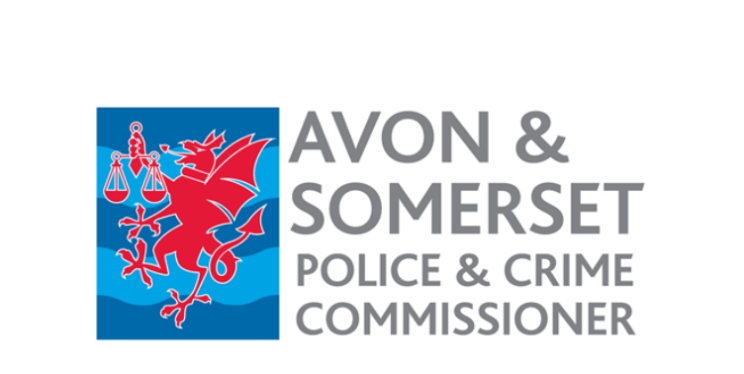Counting what’s been missed: Bristol’s Women’s Rough Sleeping Census returns

Last year, Bristol’s first dedicated Women’s Rough Sleeping Census revealed the true scale of women experiencing homelessness, something traditional street counts had long underestimated. Census 2024 findings were published in May 2025, showing that the number of women experiencing homelessness in the city is 23 times higher than current government figures suggest.
While the Government’s Rough Sleeping Snapshot identified just 15 women, the Women’s Rough Sleeping Census recorded 66 during the week. Moreover, over a three-month period, local insights meetings and engagement with trusted partner organisations identified a total of 349 women.
This year, the census is back and it’s more important than ever.
Why a women’s census?
Women experiencing homelessness often don’t fit the typical image of rough sleeping. Many avoid doorways and sleeping bags in plain sight. Instead, they stay in public spaces, cars, temporary arrangements with friends, or other places where they feel safer, but still aren’t truly secure. Traditional night counts miss them entirely.
The census captures the reality: women who are walking the streets all night, staying in places where they feel vulnerable, and navigating situations most wouldn’t consider “rough sleeping.” It asks questions like: How safe is the place you’re staying? How long have you been there? Are you at risk of being asked to leave?
Participation comes with a £10 payment, and more importantly, it gives women the chance to document their experiences and ensure their voices are heard in planning services.
Why it is important
Homelessness puts women at greater risk of exploitation, victimisation, and involvement in the criminal justice system. Having somewhere safe to sleep isn’t just about shelter – it’s about stability, safety, and opportunity.
Understanding the reality of women’s homelessness is essential if we are to create the support and services they need.
Support and resources
Women experiencing homelessness can access specialist services such as St Mungo’s, Nelson Trust, and One25. Caring in Bristol also provides free handbooks and guidance on housing support.
If you are a professional working with women, the most important thing is to be curious about safety for women. It’s about understanding whether an overnight stay is safe for a woman and whether that woman knows it will be there the next night.
